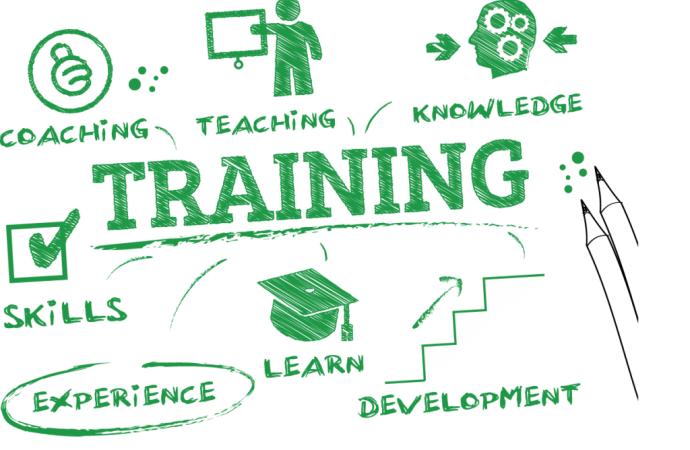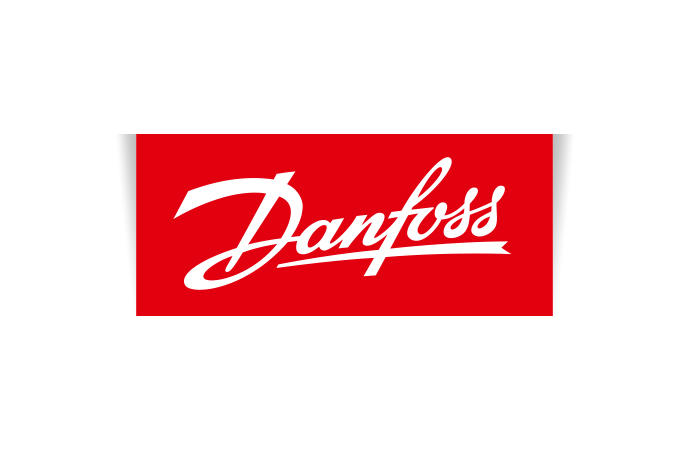Training centers in Mexico, Columbia and other countries are helping to meet the growing demand for CO2 and R290 systems.

As natural refrigerant-based systems are increasingly installed in Latin American countries, more training opportunities for technicians are beginning to emerge, according to a training panel at ATMOsphere America’s first Latin America day last week.
ATMOsphere America, organized by shecco, publisher of this website, was held online October 20 and 21 and concluded with a Latin America-focused program in Spanish on October 22. It was the ninth edition of the annual conference, and the first held online.
The training session featured representatives from UNIDO (United Nation Industrial Development Organization), CO2 Training Center Mexico, IIAR (International Institute of Ammonia Refrigeration), and U.S. component manufacturer Emerson, who discussed current training opportunities and challenges.
At the CO2 Training Center Mexico in Cuautlalpan – funded by manufacturers Danfoss, Güntner, and Bitzer - students have an opportunity to gain real experience with commercial and industrial refrigeration systems – either at the training center or in actual installations. ‘When students start their courses, they think CO2 is rocket science,” said David Rios, technical advisor and professor at the CO2 Training Center Mexico. “But when they start realizing that this technology is quite easy to manage, their perspective and motivation change completely.” Forty participants have completed the courses so far.
Training like this is needed to help bring more CO2 installations to Latin America, which still is a “low number of CO2 installations” compared to other regions in the world, said Rios. Specialized training is needed for natural refrigerant systems, given their extra complexity versus a direct expansion system with R404a, noted Alonso Amor, Technical Manager – Mexico for Emerson’s Commercial and Residential Solutions Business, Latin America.
From his experience, Rios sees a lot of interest in natural refrigerants, and calls for technicians to be ready. “There are several CO2 installations planned in 2021 in Mexico, and we need qualified engineers and technicians who can contribute to these projects.”
There are several CO2 installations planned in 2021 in Mexico and we need qualified engineers and technicians who can contribute to these projects."
- David Rios, CO2 Training Center Mexico
In Colombia, there is a training center offering courses on CO2 and propane (R290) refrigeration, with both local and International experts. In addition, the local industry association ACAIRE (Colombian Association of Air Conditioning and Refrigeration) and Emerson, with funds from the Canadian Development Agency, are working to bring a transcritical CO2 container for technician training that will travel throughout the country.
Emerson also offers training on R744 in Brazil, considered a crucial market in Latin America.
Hydrocarbon training
Natural refrigerants have been used since the 1830s, well before the first f-gas refrigerants were commercially available. “We are coming back again to the initial point of natural refrigerants,” said Omarly Acevedo, UNIDO consultant and training expert.
Acevedo said that several countries are considering their own training centers on hydrocarbon systems. “As hydrocarbons are widely used in domestic and commercial applications, countries are carrying out training workshops or even planning to create dedicated centers to teach how to manage these refrigerants. And this will be reinforced until 2030.” To find out about training courses, technicians should get in touch with their local Ozone Office, she said.
Countries are carrying out training workshops or even planning to create dedicated centers to teach how to manage [hydrocarbons].
- Omarly Acevedo, UNIDO
About 40% of technicians in Latin America go to a “recognized institution” that guarantee training according to global standards and procedures, noted Acevedo.
The growing sophistication of refrigeration controls is something that requires training, speakers noted. “When there is a higher complexity in managing the system and components, people need to know how to implement and use advance control algorithms.’ said Emerson’s Amor. “Improving the training on inverter technology and electronic devices is key,” added Acevedo.
Regarding ammonia-based systems, Yesenia Rector, IIAR’s International Director, observed that “these systems can be installed at any time anywhere without risks, as long as recognized and worldwide-accepted safety practices and guidelines are taken into account.” She gave an overview of the current norms and standards related to ammonia, and said IIAR is also working on hydrocarbons and CO2 standards.
MORE INFORMATION
Related stories

_1635407946.jpg)


